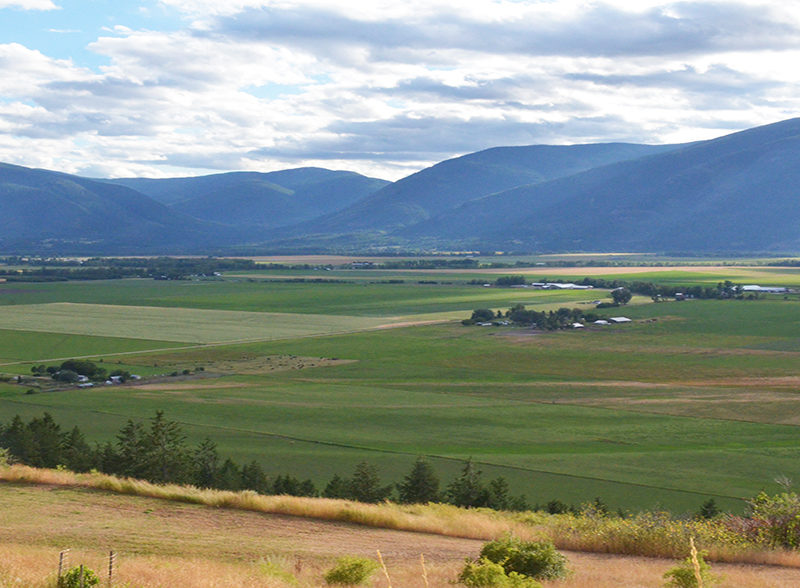Kootenay farm properties led BC with the strongest increase in value last year, according to Farm Credit Canada, rising 28.1% versus a year ago to $15,300 an acre.
“Buyers tended to be from outside the Kootenay region and larger urban centres, which created sudden and potentially short-term competition for land,” reported FCC in its annual survey of farmland values. “These buyers were drawn to what they considered affordable land and the opportunity to escape the more populated areas.”
The pandemic has driven many people to seek out rural properties, says Rudy Nielsen, founder of LandQuest Realty Corp. in New Westminster, who has handled rural properties since 1964.
“We’ve never been busier,” he says. “I’ve never, ever seen a market like this.”
While farming is a draw for some, many see rural and recreational properties as a retreat from urban life.
Other fast-growing areas of BC include the Thompson-Nicola and Cariboo-Chilcotin regions, up 16.7% and 12.9%, respectively. Both are popular with outdoor enthusiasts, but also for forage production.
The one region where farmland values remained unchanged was the Okanagan, where farmland averages $24,400.
But the report doesn’t include fruit-growing land this year. While it usually excludes the top and bottom 5% of farmland transactions, FCC chief economist JP Gervais said orchard and vineyard properties were seen as skewing results. When they were included last year, the actual average for the Okanagan was $103,288 an acre.
“We thought there was just too much distortion in terms of the range of values that we were reporting, so we think this provides a clearer picture,” he said.
Despite the exclusion of pricier properties, BC posted the strongest overall increase in farmland values of any province last year at 8%. This was on par with the increase reported in 2016 and compared to the national average increase of 5.4%.


 Hornet surveillance plans outlined
Hornet surveillance plans outlined